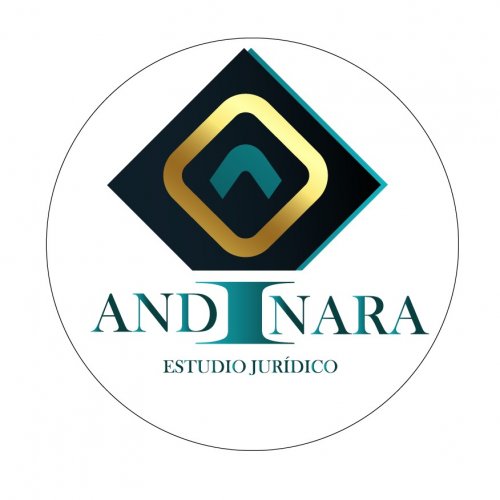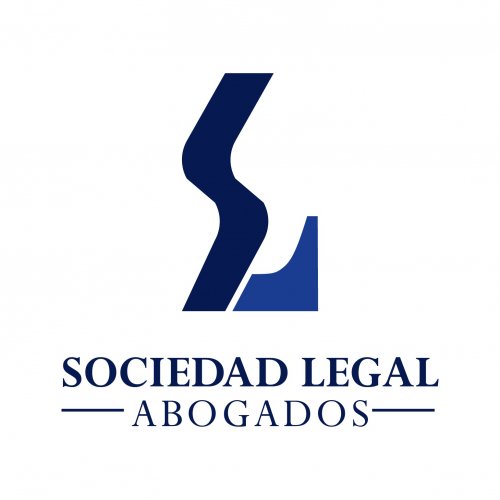Best Education Law Lawyers in Ecuador
Share your needs with us, get contacted by law firms.
Free. Takes 2 min.
Or refine your search by selecting a city:
List of the best lawyers in Ecuador
About Education Law in Ecuador
Education Law in Ecuador is a branch of law that governs the policies, regulations, and legal frameworks surrounding educational institutions, students, and educational professionals. The legal framework is primarily designed to ensure that the right to education, as enshrined in the Constitution of Ecuador, is protected and promoted. Key legislative documents include the Organic Law of Intercultural Education (LOEI) and its corresponding regulations. The law covers a broad range of issues including educational funding, teachers' rights, students' rights, and educational standards at all levels from early childhood through higher education.
Why You May Need a Lawyer
Several situations may necessitate seeking legal help in the field of Education Law in Ecuador. If you are a student, you might require legal assistance if you face issues of discrimination, unfair expulsion, or harassment. Educational professionals may need legal advice on matters such as employment rights, contract disputes, or disciplinary actions. Institutions might also need legal expertise for compliance with regulations, policymaking, or dealing with grievances either from staff or students.
Local Laws Overview
The key aspects of Education Law in Ecuador include the right to free and quality education, the recognition of bilingual and intercultural education to reflect the country's multicultural system, and regulations on educational materials and curriculum standards. The LOEI emphasizes inclusivity, equality, and the democratic participation of the educational community in decision-making processes. Importantly, the law mandates governmental bodies to allocate a significant portion of the national budget to education, ensuring adequate resources and infrastructure for both public and private educational institutions.
Frequently Asked Questions
What is the Organic Law of Intercultural Education (LOEI)?
The LOEI is the foundational legal framework that governs education in Ecuador. It establishes the principles, rights, obligations, and standards applicable to all levels of education.
Who is entitled to education in Ecuador?
According to the Ecuadorian Constitution and the LOEI, everyone is entitled to quality education. This includes early childhood, primary, secondary, and higher education.
Are private educational institutions regulated by the government?
Yes, private institutions must comply with governmental educational standards and regulations to ensure quality and nondiscriminatory access to education.
Can students seek legal recourse for discrimination in schools?
Yes, students can seek legal recourse through various channels, including the Ministry of Education and local courts, for cases of discrimination or unfair treatment.
What are teachers' rights under Ecuadorian law?
Teachers have rights related to job security, fair compensation, non-discrimination, and opportunities for professional development as stipulated in the LOEI and labor laws.
How is higher education governed in Ecuador?
Higher education is governed by principles set forth in the Constitution, the LOEI, and the Higher Education Law, which establishes quality standards, autonomy, and state responsibilities.
Is bilingual and intercultural education mandatory?
Ecuadorian law mandates the inclusion of bilingual and intercultural education to respect the cultural diversity of its population, especially for indigenous communities.
What role does the Ministry of Education play?
The Ministry of Education is responsible for developing, implementing, and overseeing educational policies, regulations, and standards across Ecuador.
What should a parent do if their child faces unfair expulsion?
Parents can challenge an expulsion by formally appealing to the school's administration and, if necessary, seeking legal counsel or contacting the Ministry of Education.
How is educational funding managed in Ecuador?
Educational funding is managed through national budgeting processes, emphasizing equitable distribution to ensure adequate resources across public educational institutions.
Additional Resources
Individuals seeking additional information or assistance in Education Law can contact the following resources:
- The Ministry of Education
- Defensoría del Pueblo (National Ombudsman)
- Ecuadorian Bar Association
- Legal assistance clinics at local universities
- Non-governmental organizations focusing on educational rights
Next Steps
If you need legal assistance in Education Law, consider taking the following steps:
- Reach out to a qualified education lawyer or legal advisor who specializes in Education Law in Ecuador.
- Gather all necessary documentation related to your case or concern-this could include contracts, policies, communication records, and any formal notices.
- Consult with governmental bodies, such as the Ministry of Education, to understand your rights and the procedures in place for resolving educational disputes.
- Consider mediation or negotiation as an initial step in conflict resolution before pursuing formal legal action.
Lawzana helps you find the best lawyers and law firms in Ecuador through a curated and pre-screened list of qualified legal professionals. Our platform offers rankings and detailed profiles of attorneys and law firms, allowing you to compare based on practice areas, including Education Law, experience, and client feedback.
Each profile includes a description of the firm's areas of practice, client reviews, team members and partners, year of establishment, spoken languages, office locations, contact information, social media presence, and any published articles or resources. Most firms on our platform speak English and are experienced in both local and international legal matters.
Get a quote from top-rated law firms in Ecuador — quickly, securely, and without unnecessary hassle.
Disclaimer:
The information provided on this page is for general informational purposes only and does not constitute legal advice. While we strive to ensure the accuracy and relevance of the content, legal information may change over time, and interpretations of the law can vary. You should always consult with a qualified legal professional for advice specific to your situation.
We disclaim all liability for actions taken or not taken based on the content of this page. If you believe any information is incorrect or outdated, please contact us, and we will review and update it where appropriate.
Browse education law law firms by city in Ecuador
Refine your search by selecting a city.












